The Ministry of Finance has just announced the summary, explanation and acceptance of comments on the policy documents of the Tax Administration Law project (replacement).
Accordingly, commenting on the project dossier, related to the content of innovating management methods for micro-enterprises, including business households and individual businesses, the Vietnam Academy of Social Sciences affirmed that the abolition of the lump-sum tax regime is necessary.
However, the impact assessment report pointed out that the initial implementation phase (2025-2026) could overload the system as millions of businesses switch at the same time. Many businesses also said that the cost of complying with the new regulations could range from several hundred to tens of millions of VND per year. Therefore, there is a need for policies to support technology, techniques and finance.
But the draft does not mention solutions to overcome these limitations.
Therefore, the Vietnam Academy of Social Sciences proposes to implement the conversion from lump-sum tax to declared tax according to a three-phase roadmap.

Specifically, in phase 1 (years 1-2), the focus is on preparing the foundation and piloting. The State needs to complete the legal framework, provide simple accounting software and free electronic invoices for small businesses, and organize training on bookkeeping and tax declaration skills.
Financial support during this period includes free software, input device support (tablets, internet) and training for households in remote areas.
Phase two (years 2-4), expand the application of mandatory declaration tax to households with revenue exceeding a certain threshold, but need to be accompanied by temporary tax incentives (20-30% tax reduction in the first year), support for accounting costs and access to preferential microcredit.
Technically, it is necessary to upgrade the local tax management system, integrate the tax declaration - payment - payment platform and continue to train digital financial skills for business households.
Phase three (years 4-5), standardize and completely end the lump-sum tax regime nationwide.
Business households will be integrated into the national tax management system like small businesses, supported with automatic electronic accounting tools and continue to enjoy tax incentives when converting to an enterprise model.
At the same time, the State needs to provide financial support to households in difficult areas during the transition process and promote social insurance, credit, and labor training policies for formalized households.
Responding to comments from the Vietnam Academy of Social Sciences, the Ministry of Finance said that Resolution No. 198/2025 stipulates that from January 1, 2026, the form of tax assignment will be abolished. Therefore, the Law on Tax Administration will have to amend the regulations on tax administration policies for business households to implement the self-declaration method from January 1, 2026.
The draft law will prescribe a tax management model for business households to suit the characteristics of this subject.

Source: https://vietnamnet.vn/ho-kinh-doanh-chuyen-tu-thue-khoan-sang-ke-khai-de-xuat-lo-trinh-thuc-hien-2422846.html



![[Photo] Binh Trieu 1 Bridge has been completed, raised by 1.1m, and will open to traffic at the end of November.](https://vphoto.vietnam.vn/thumb/1200x675/vietnam/resource/IMAGE/2025/10/2/a6549e2a3b5848a1ba76a1ded6141fae)




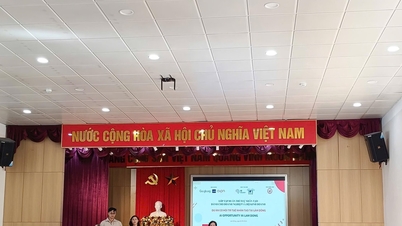

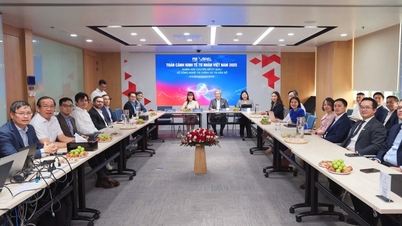




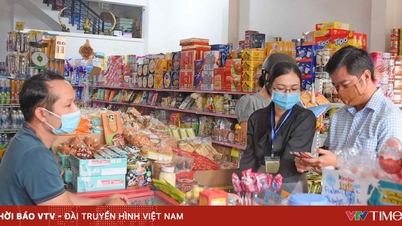








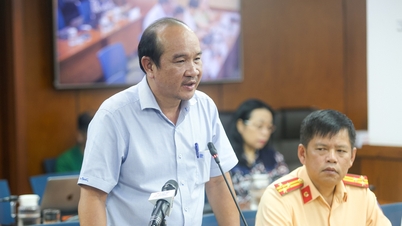

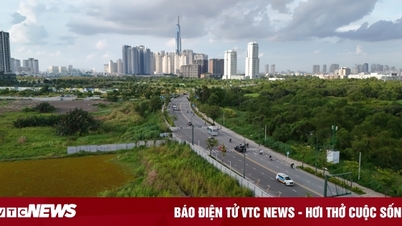























































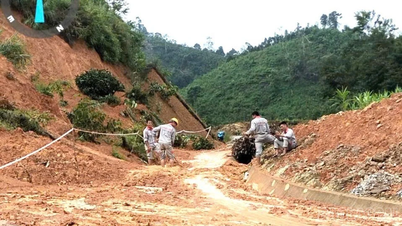

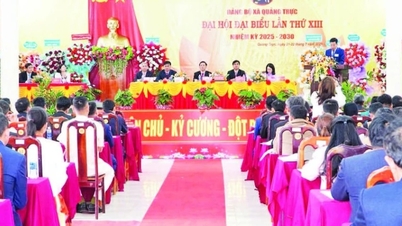


















Comment (0)